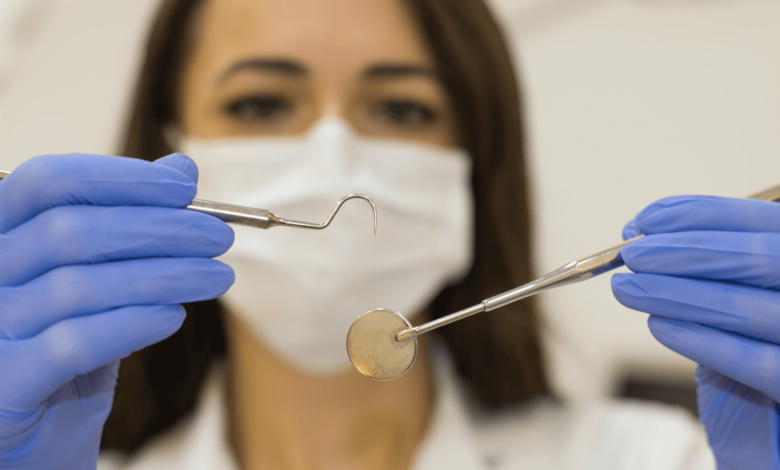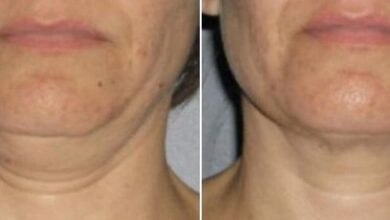Learn All About How to Become a Dental Hygienist

If you’ve ever considered a career in the healthcare field that allows you to make a positive impact on people’s lives while enjoying job security and competitive compensation, becoming a dental hygienist might be the perfect choice for you. Dental hygienists play a crucial role in oral healthcare, assisting dentists in providing top-notch services to their patients. In this article, we’ll guide you through the steps how to become a dental hygienist, covering everything from education and licensure to career advancement and job satisfaction.
Educational Requirements for Becoming a Dental Hygienist
To embark on your journey to become a dental hygienist, you must start with the right education. Dental hygienists typically need an associate’s degree in dental hygiene from an accredited program. These programs are usually found at community colleges, technical schools, or universities. The coursework includes both classroom instruction and clinical experience, where you’ll learn how to clean teeth, examine patients for oral diseases, and provide other preventative dental care.
Gaining Relevant Work Experience
While your education is crucial, gaining hands-on experience is equally important. Most dental hygiene programs require students to complete supervised clinical practice to graduate. This practical training is invaluable as it helps you apply what you’ve learned in real-life scenarios, preparing you for your future career.
The Importance of Licensing and Certification
In all U.S. states, dental hygienists are required to be licensed. The licensing requirements vary by state but generally involve passing the National Board Dental Hygiene Examination and a clinical exam. Some states may also have additional requirements. Once you’re licensed, you can add credentials, such as becoming a Certified Dental Hygienist (CDH), to enhance your professional standing.
Skills and Qualities of a Successful Dental Hygienist
Successful dental hygienists possess a unique set of skills and qualities that make them effective in their roles. They need excellent manual dexterity, attention to detail, and the ability to communicate well with patients. Compassion, patience, and a genuine concern for patients’ oral health are also essential traits.
Job Outlook and Employment Opportunities
The job outlook for dental hygienists is quite promising. The demand for preventive dental services is on the rise, leading to increased opportunities for dental hygienists. Whether you choose to work in private dental offices, schools, or public health clinics, you’ll find a range of employment options.
Day-to-Day Responsibilities of a Dental Hygienist
As a dental hygienist, your daily tasks will include cleaning teeth, taking X-rays, and applying fluoride treatments. You’ll also educate patients on proper oral hygiene practices and provide guidance on maintaining a healthy smile. Your role is essential in preventing dental problems and promoting good oral health.
Building a Professional Network
Networking is a crucial aspect of any career. As a dental hygienist, connecting with other dental professionals, attending industry events, and joining professional associations can help you stay updated with the latest advancements and job opportunities.
Continuing Education and Staying Updated
The field of dentistry is continually evolving, with new technologies and techniques emerging. To stay competitive, it’s essential to engage in continuing education. This ensures you’re up to date with the latest practices and can provide the best care to your patients.
Career Advancement Options
Dental hygiene offers opportunities for career growth. You can specialize in areas like periodontics or pediatric dentistry, or you can choose to teach dental hygiene at educational institutions. Advancing your education and skills can open doors to exciting career prospects.
Job Satisfaction and Salary Prospects
Dental hygienists generally report high levels of job satisfaction. The profession provides a good work-life balance and job security. As for compensation, dental hygienists earn competitive salaries, with the potential for increased income as you gain experience and expertise.
Challenges and Common Misconceptions
While the dental hygiene profession is rewarding, it’s not without its challenges. Dental hygienists may sometimes face physically demanding work, and dealing with anxious patients can be challenging. Additionally, there are misconceptions that dental hygienists are just teeth cleaners, but in reality, they play a vital role in patient care. Read more…
Conclusion
Becoming a dental hygienist is a fulfilling career choice that offers job stability, competitive pay, and the opportunity to contribute to people’s oral health. By following the educational and licensing requirements, gaining practical experience, and continuously improving your skills, you can embark on a successful career in this vital healthcare profession.
FAQs
- How long does it take to become a dental hygienist?
- Typically, it takes about two years to complete an accredited dental hygiene program and become eligible for licensure.
- What is the average salary of a dental hygienist?
- The average salary for dental hygienists varies by location but is generally competitive, with opportunities for growth.
- Can I specialize in a particular area as a dental hygienist?
- Yes, you can specialize in areas like periodontics or pediatric dentistry with additional education and training.
- Are dental hygienists in high demand?
- Yes, the demand for dental hygienists is increasing due to the emphasis on preventive dental care.
- Is dental hygiene a physically demanding profession?
- Dental hygiene can be physically demanding, as it involves spending extended periods on your feet and performing precise tasks.




